Cyprus appeals to UNSC to stop Turkish-Cypriot plan to partially open resort
Cyprus has called on the United Nations Security Council to force Turkish-Cypriot authorities in the north to abandon plans to partially reopen an abandoned resort on the divided Mediterranean island.
Cyprus was divided into a breakaway Turkish-Cypriot-controlled territory in the north and an internationally-recognized Greek-Cypriot territory in the south in July 1974, when Turkey launched an operation to presumably protect the island's Turkish-Cypriot community following a Greek-backed military coup to annex the island.
Numerous rounds of UN-brokered talks aimed at reuniting the island have ended in failure, with the last push for a peace deal in July 2017 ending in acrimony, while Turkey has persistently repeated its call for a "two-state" solution on the island despite international criticism.
On Tuesday, Turkish President Recep Tayyip Erdogan paid a visit to Varosha — a Turkish military zone and an area on the island touted in the past to have been returned to rival Greek Cypriots — and vowed that "life will restart" there.
Authorities in the self-declared Turkish Republic of Northern Cyprus (TRNC) also said that part of Varosha would come under civilian control, implying that it would open for resettlement.
While insisting that only a "two-state" deal will now work, Turkish-Cypriot leader Ersin Tatar said his administration would scrap the military status of about 3.5 percent of Varosha and allow beneficiaries to apply to a commission mandated to offer compensation or restitution of properties. He made the comments ahead of a military parade attended by Erdogan.
Varosha, which is a suburb of the town of Famagusta in the Turkish-controlled northern Cyprus, was once the playground of celebrities and dubbed a "jewel of the Mediterranean."
However, an estimated 17,000 Greek-Cypriot residents of the area fled the advance of Turkish troops back in August 1974. Since then, the area has turned into a ghost town, sealed off with barbed wire and no-entry signs. Last year, however, Turkish and Turkish-Cypriot authorities announced the "reopening" of the area.
The UN resolutions have called for Varosha's administration to be handed over to the UN. Ankara's new plans for the area now seriously contest a generally-held assumption that Varosha would be among the possible areas to be returned to Greek-Cypriot control in the event of a peace settlement.
On Wednesday, Greek-Cypriot authorities slammed the plans by the Turkish side.
"This is a clear violation of United Nations Security Council resolutions and will have a negative impact on efforts underway to restart talks," Cypriot Foreign Minister Nikos Christodoulides said.
A day after his visit to Cyprus, Erdogan again repeated the call for the "two-state" solution for the east Mediterranean island, claiming that "all offers other than this have expired."
"Now, the only demand of the Turkish Cypriots in international negotiations is the recognition of the status of a sovereign state," the Turkish leader said.
Peace talks for Cyprus have so far focused on uniting the island under a federal umbrella government, with Greek Cypriots vehemently rejecting a "two-state" deal.
The 15 members of the UNSC were on Thursday expected to adopt a British-drafted statement that calls on Ankara and the TRNC to reverse a decision to reopen Varosha and avoid any unilateral actions that could raise tensions on Cyprus.
The proposed statement will reiterate "that no actions should be carried out in relation to Varosha that are not in accordance with its resolutions."
On Tuesday, Josep Borrell, the EU foreign policy chief, also voiced deep concern after Erdogan's remarks and Tatar's announcement of plans to partially reopen Varosha.
VIDEO | Protesters rally in Vienna against headscarf ban in schools
US military attacks boat in the Caribbean, kills 3
Pelosi: Make Iran’s rural supporters ‘feel the pain’ through sanctions
UN warns of ‘shocking’ Sudanese paramilitary war crimes in El Fasher
VIDEO | Fuel shortages in Gaza hinder emergency services
VIDEO | Another US government shutdown looms as ICE furor grows
VIDEO | EU lawmakers condemn Trump over US human rights abuses
VIDEO | Iranian Embassy marks 47 years since Islamic Revolution with high-level attendance


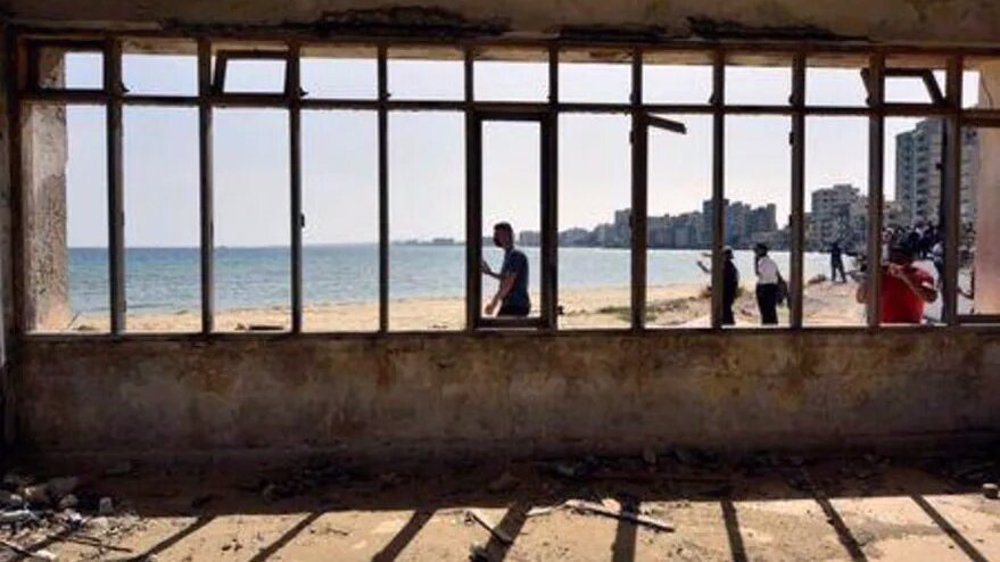
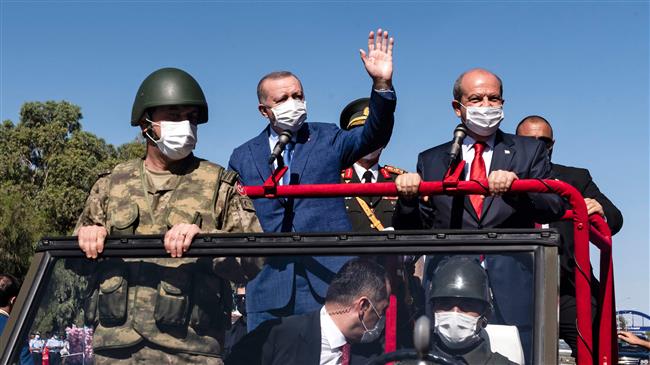
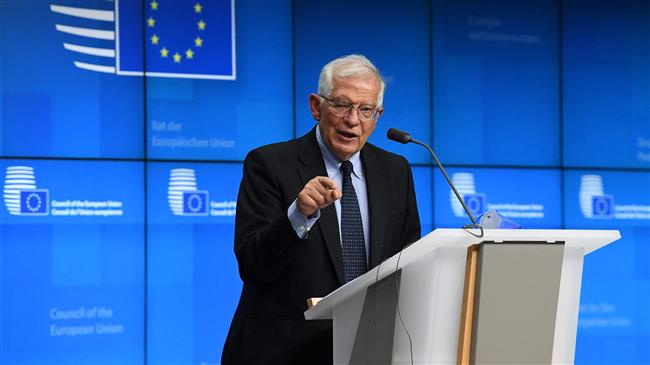

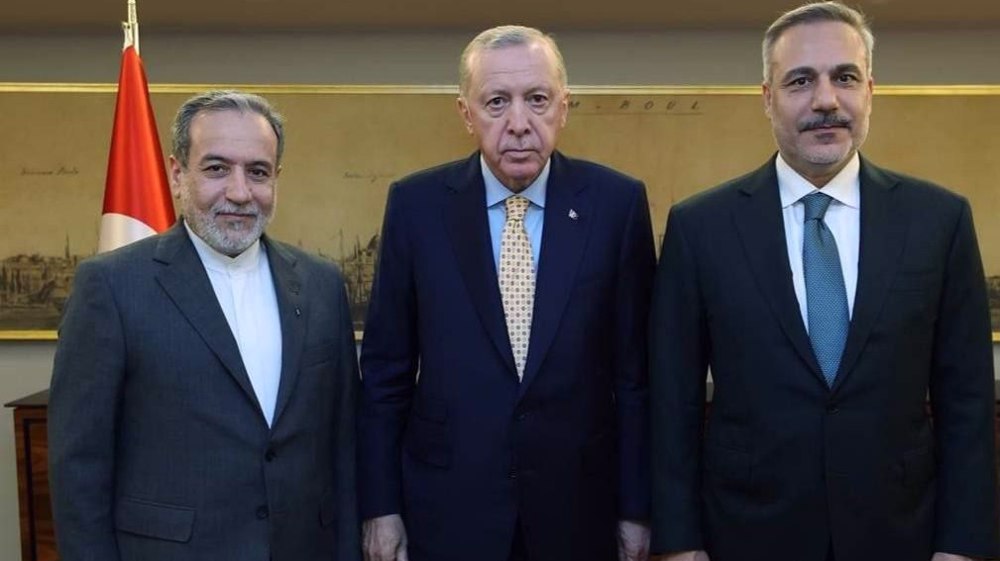
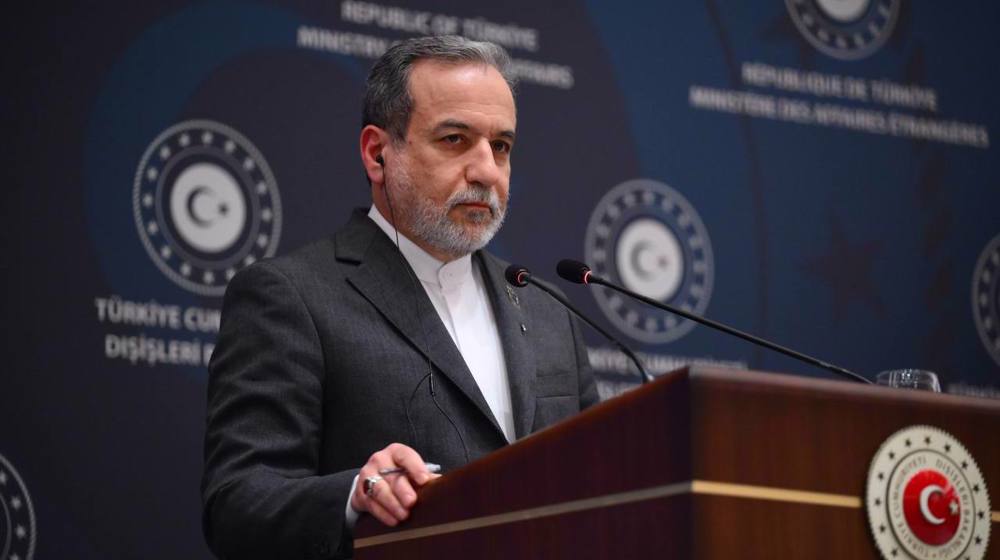



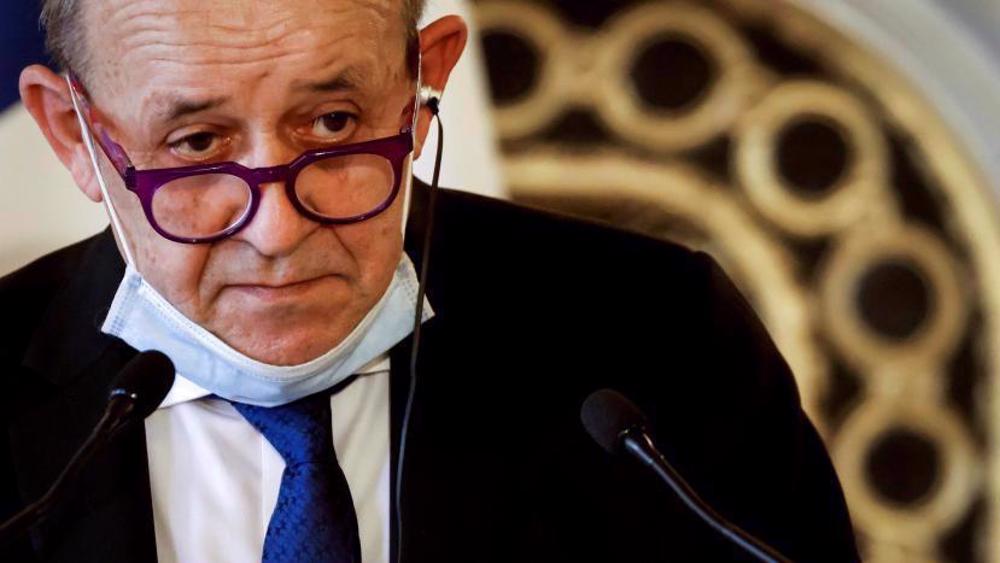
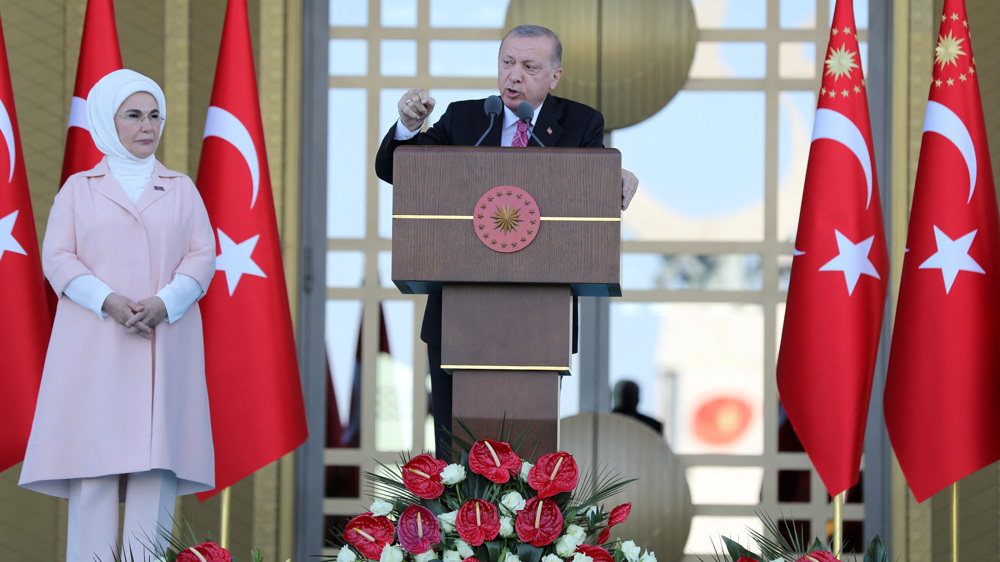

 This makes it easy to access the Press TV website
This makes it easy to access the Press TV website